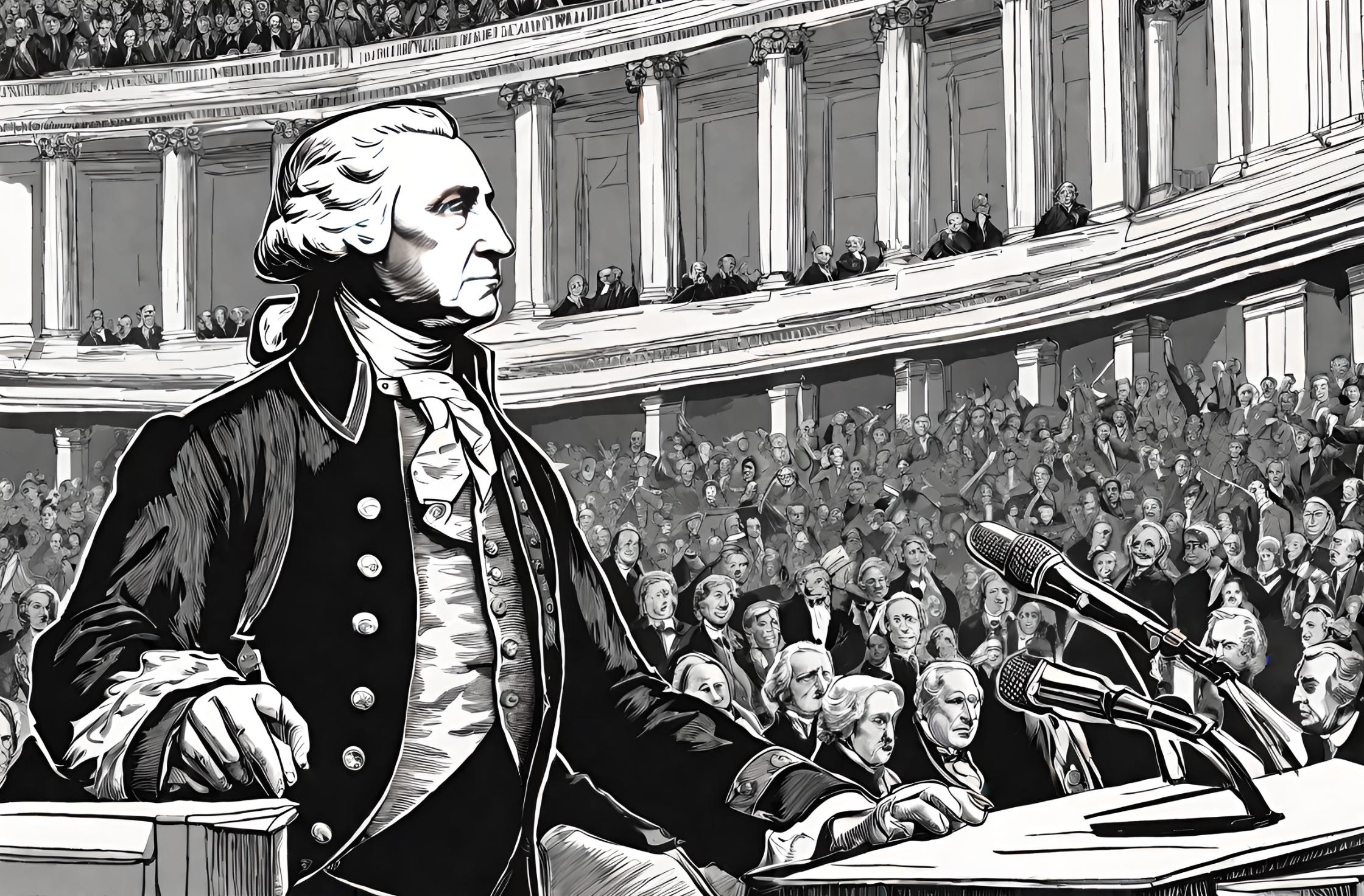Flashback to January 8
American History

Lewis F. Powell Jr. became a United States Supreme Court justice on January 7, 1972. This significant event marked the beginning of Powell’s influential tenure on the highest court in the land. In this article, we will explore the life and accomplishments of Justice Powell, as well as the impact he had during his time on the Supreme Court.
Lewis Franklin Powell Jr. was born on September 19, 1907, in Suffolk, Virginia. He grew up in a family with strong educational values, and this influenced his pursuit of knowledge and excellence throughout his life. After attending Washington and Lee University, Powell went on to study law at Harvard Law School, where he excelled academically and graduated in 1931.
Powell began his legal career working at a prominent law firm in Richmond, Virginia. He quickly gained recognition for his exceptional legal skills and soon became a partner at the firm. Over the years, he established a reputation as a brilliant litigator, known for his meticulous attention to detail and persuasive arguments.
In 1971, President Richard Nixon nominated Powell to fill the vacancy on the Supreme Court left by Associate Justice Hugo Black’s retirement. Powell’s nomination was met with widespread support from both Democrats and Republicans, as his legal expertise and reputation made him a highly qualified candidate for the position.
On January 7, 1972, Powell was officially sworn in as a Supreme Court justice. His tenure on the Court would span over 15 years, during which he would leave an indelible mark on American jurisprudence. Known for his moderate and pragmatic approach, Powell played a pivotal role in several landmark cases that shaped the legal landscape of the United States.
One of the most notable contributions of Justice Powell was his pivotal role in the case of Regents of the University of California v. Bakke in 1978. This groundbreaking case dealt with affirmative action in college admissions, and Powell’s concurring opinion became the controlling opinion of the Court. Powell argued for a middle ground, stating that racial quotas were unconstitutional, but that race could be considered as one of many factors in admissions decisions. This opinion had a lasting impact on affirmative action policies in the United States.
Another notable case in which Powell played a crucial role was Rust v. Sullivan in 1991. In this case, the Court upheld regulations that prohibited healthcare providers receiving federal funds from discussing abortion with their patients. Powell joined the majority opinion, which sparked controversy and debate over the limits of free speech in the context of government funding.
Throughout his tenure, Justice Powell consistently demonstrated his commitment to protecting individual rights and liberties. He was a strong advocate for First Amendment rights, often siding with the majority in cases involving freedom of speech and freedom of the press. Powell also had a deep respect for the Fourth Amendment’s protections against unreasonable searches and seizures, frequently taking a stance to safeguard individuals’ privacy rights.
In addition to his judicial work, Powell actively participated in various legal organizations and institutions. He served on the board of directors for the American Bar Association and taught law at several esteemed universities.
Lewis F. Powell Jr. retired from the Supreme Court in 1987 but continued to contribute to the legal community through his writings and public speaking engagements. He passed away on August 25, 1998, leaving behind a legacy of integrity, intellect, and dedication to the law.
The appointment of Lewis F. Powell Jr. as a Supreme Court justice on January 7, 1972, was a landmark event in American history. His influence on the Court, as well as his significant contributions to legal decisions that shaped the nation, cemented his status as one of the most respected and influential justices of the 20th century. The impact of his decisions continues to be felt to this day, making him an integral part of the Supreme Court’s rich and storied legacy.
We strive for accuracy. If you see something that doesn't look right, click here to contact us!
Sponsored Content

President George Washington delivers…
On January 8, 1790,…

Watergate scandal: The trial…
The trial of seven…

Herman Hollerith receives a…
On January 8, 1889,…

In New Hampshire, USA,…
During the Democratic caucuses…

US Airways Express Flight…
On 1/8/2003, tragedy struck…

Unsuccessful slave revolt led…
The unsuccessful slave revolt,…

